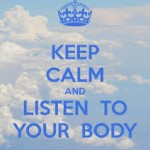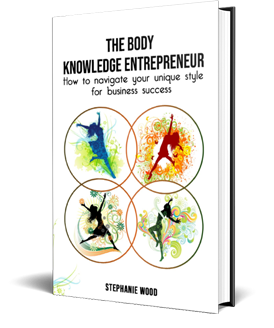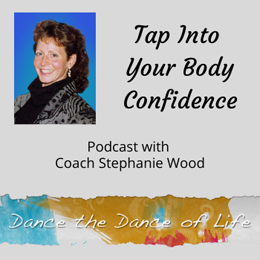Turn off the tech.Your body wants to talk to you.
Did you know that your body wants to talk to you? This is a conversation started a long time ago. Your Body Knowledge began at birth but time and technology throughout our lives have silenced those ongoing conversations.
Those intimate exchanges are necessary for our growth, maintain our health, and make good life choices. That kind of communication enhances our well-being every day of our life. When we allow distractions, or interference from societal demands, or look outside of ourselves for answers to challenges, we regret our actions based on the answers we receive from web searches, psychics, television “experts,” or APPS.
When we replace our gut reaction with information gathered from impersonal sources, we discover “one size” rarely fits all, particularly you or me! These digital resources are universally available through our advanced technology, but
- Can we rely on the information?
- Are the suppliers well informed, knowledgeable, and experienced?
- Should you trust un-verified data?
There is one reliable resource available to each of us, all of us; and it is on demand, 24/7/365. Technology provides overwhelming amounts of information. Our
challenge is to discover what applies to us.
Objective data rarely substitutes for knowledge gained from our best friend, our body.
With the first breath we draw, we are at one with our bodies. The body feels and we react. Our body responds to our basic needs for security, shelter, food, and water with an immediate direct expression of our discomfort. Traditional “normal” birthing establishes a direct communication link, first between the infant and his body, and then between the infant and his primary caregiver, his mother. The mother provides for her child’s every need—often before the baby expresses hunger, thirst, or chill.
Instead of clear stimulus and response between warm sentient human beings, we insert a filter. The intrusion of technology in our relationships, particularly this primary one, alters the course of the rest of our lives…and not in a good way.
In so-called “primitive” cultures, the attachment between mother and infant lasts as long as instinct requires. Technology brought us a replacement for the natural nursing process with the invention of a nipple on a bottle. Hard glass or plastic filled with mother’s milk or formula places the infant one step away from his or her mother, regardless of who holds the child during the feeding. As the child matures and is capable of sustenance from a “propped” bottle and eventually a portable bottle, he or she becomes aware of a separation between his or her “self” and the sentient body containing the “self”.
Traditions develop from successful practices within a culture. When our bodies experienced hunger, approximately every 3-4 hours, we ate enough food to satisfy our body’s need to maintain our health. Our sleep cycles evolved from the sunrise and sunset. Without artificial light and with the hard work to ensure our survival, our bodies dictated the amount of sleep we needed every day. There is no word for “insomnia” in primitive cultures, as sleep disturbances do not exist; human beings slept when tired, awoke when rested, and filled their days productively.
The more “socialized” we become as technological advances replace traditional solutions to human activities, the effect creates challenges to the individuals taking advantage of this progress. Time saving, energy saving, and in some cases cost saving, technology enriches our lives. At the same time, it deprives the individual of the most reliable guidance system available to him or her: their body, their instinct…their body knowledge.
Isn’t time to get to know your body’s knowledge to help you navigate your body’s intelligence to make the best choices ever?
This was an excerpt from the Body Knowledge System© playbook. If you would like to read more, click here.
Share Tags: Body Knowledge Articles, Mind Body Connection









Leave a comment: